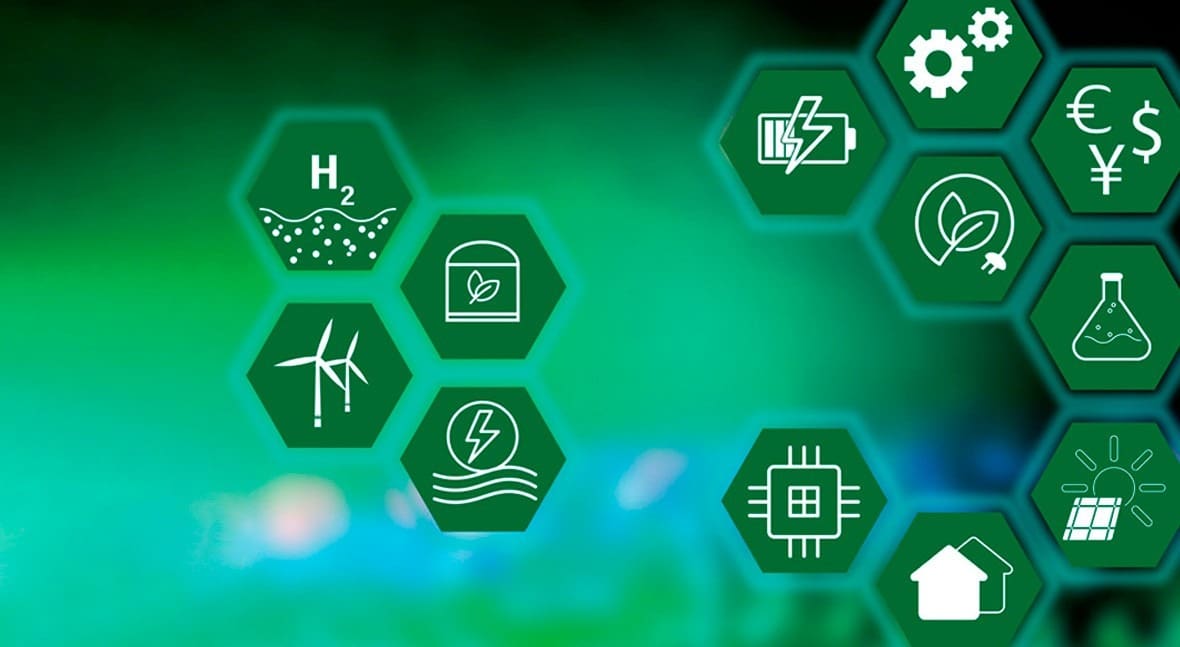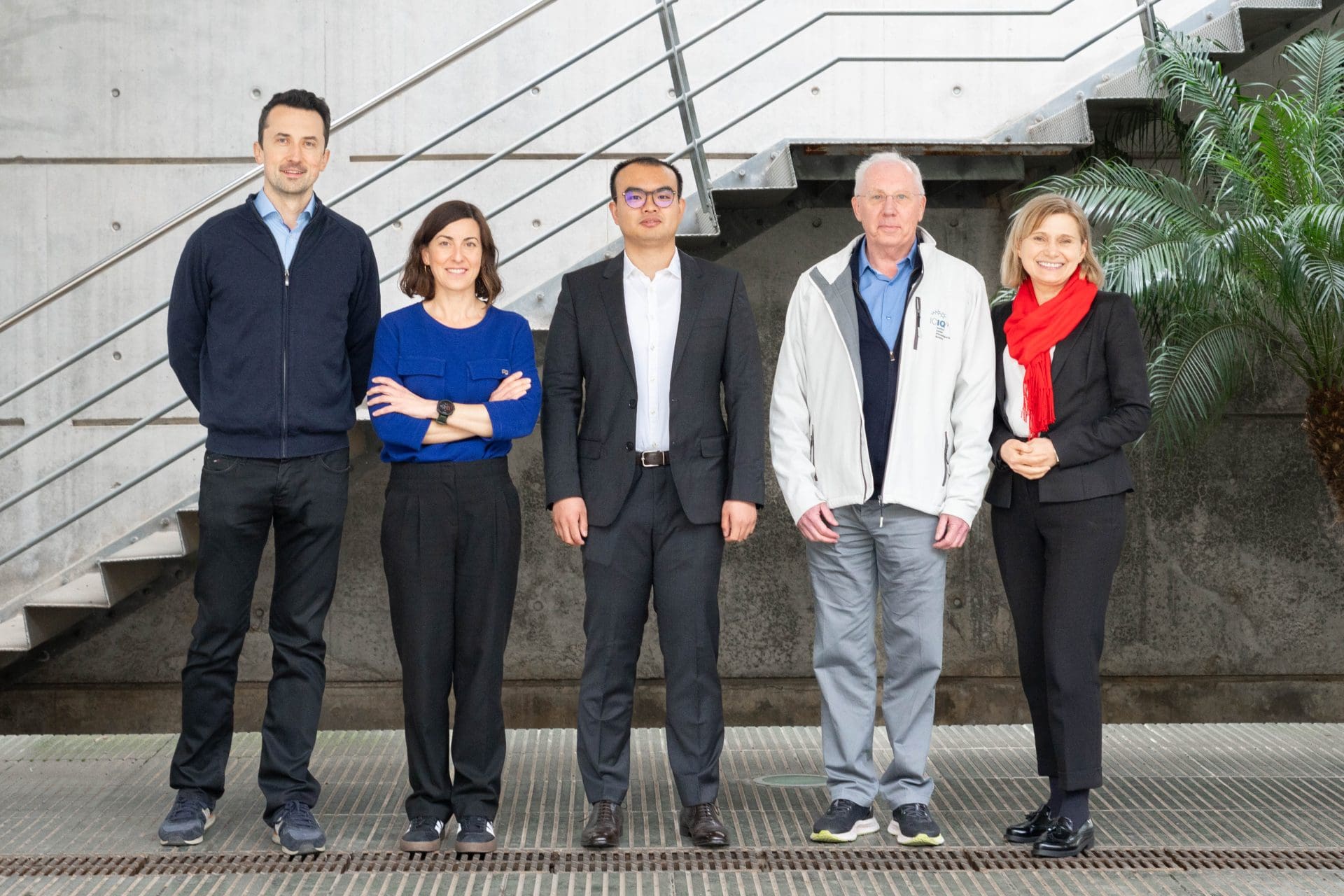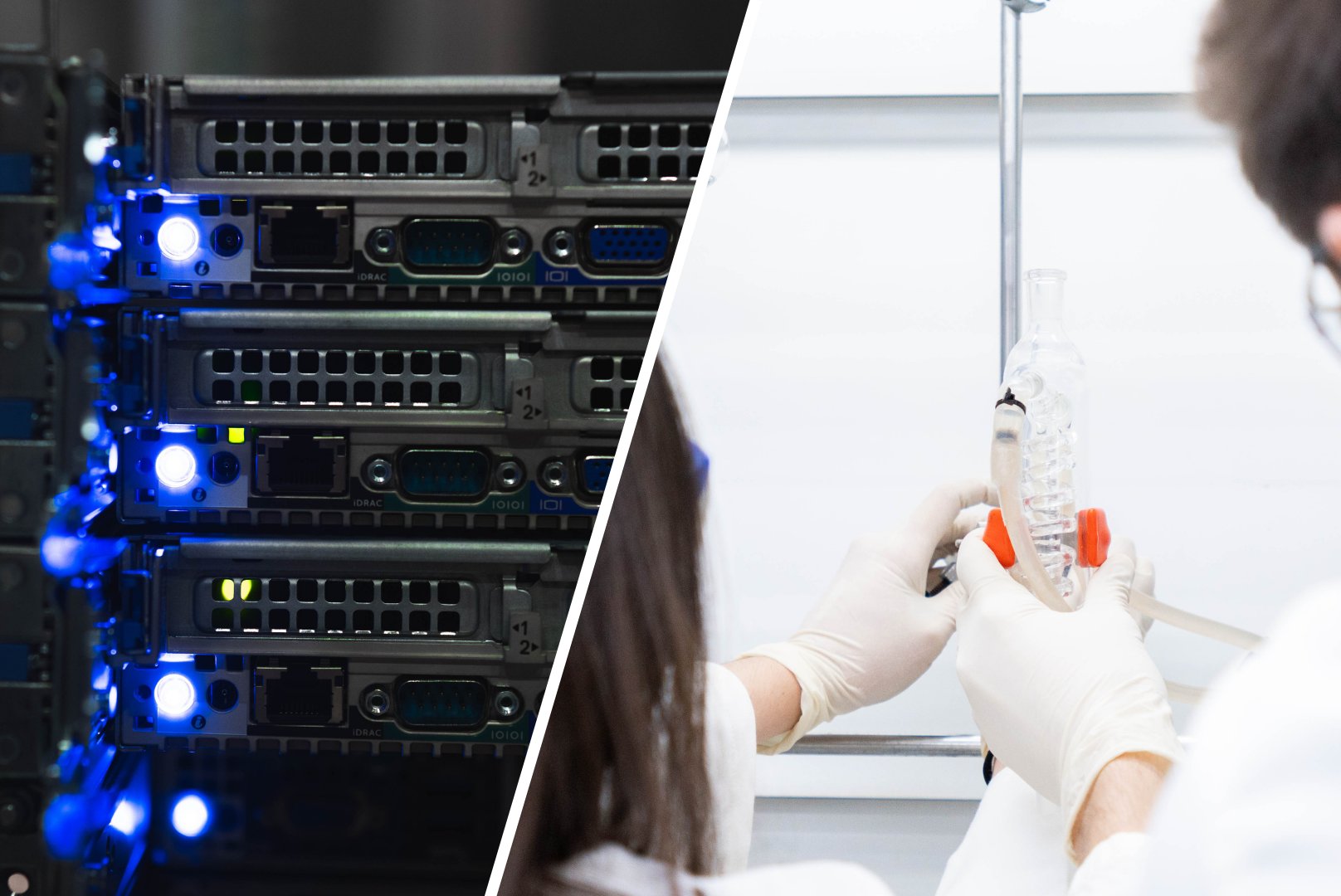Strategic project PHOTORED kicks off
23rd December 2021 – Finding new ways to use CO2 and turn it into valuable products is of vital importance to overcome the challenges our society faces. This is exactly what the project “Photocatalytic CO2 reductions by green hydrogen” PHOTORED, coordinated by ICIQ, aims to do. “We’re very happy to participate in this project, as it is aligned with the institute’s strategic goals: sustainability and renewable energy,” explains Emilio Palomares, ICIQ director, group leader and member of the PHOTORED project.
The four partners of the PHOTORED consortium have met virtually on December 22nd to kick-start the project, which will last three years. The consortium brings together four partners of complementary expertise: the Institute of Chemical Technology (ITQ, UPV-CSIC) and ICIQ will work on materials preparation as well as bring their expertise in photocatalysis; the Industrial-Technological Centre from Castilla La Mancha (ITECAM) will focus on the production of green H2; the large company DAM will bring their expertise in urban wastewater treatment and biogas facilities exploitation.
During the meeting, the members of the consortium have decided what will be the first challenges to tackle on the road towards the development of materials to promote the valorization of CO2 through its selective hydrogenation with solar light.
More specifically, the scientists involved in PHOTORED will prepare four types of photocatalysts to selectively transform CO2 and green H2 (obtained through electrolysis of water obtained by purification of urban wastewater) into several products of interest for the chemical industry such as methane, methanol or CO. The use of the new photocatalysts will allow promoting these reactions by solar light as the sole or primary energy source in a continuous flow setting.
Implementing valorization processes directly at the source of CO2 emissions, such as urban wastewater treatment and biogas (constituted by a 60/30 mixture of methane and CO2) facilities would avoid their emission into the atmosphere. With this idea in mind, the project aims to develop a laboratory-scale pilot plant to prove the technical and economic viability of the process and increase the technology readiness of the photocatalytic reactions. This way, the consortium aims at achieving the required CO2 conversion, product selectivity and photocatalyst stability.
Double bet
ICIQ also participates in a second project for the efficient solar light conversion to fuels and chemicals. The project “Solar Catalysis for a Renewable Energy Future” SOLFuture, brings together six members including four research institutes: IMDEA Energy, ICIQ’s Palomares and Ballester groups, the Institute of Materials Science of Madrid (ICMM), and the Centre of Energetic, Environmental and Technological Investigations (CIEMAT) as well as the companies Apria Systems and CEPSA. SOLFuture is the base of a country strategy foundation for the efficient solar energy conversion to sustainable fuels and commodity chemicals through the development of reliable and efficient technologies, such as new concepts of photoreactor prototypes for the generation of value-added products and fuels.
Both projects are within the 2021 call on “I+D+I projects in strategic lines” from the National Research Agency (AEI), part of the Spanish Ministry of Science and Innovation. The call has awarded 60,7 M€ to 81 industrial research projects in cooperation between companies and research organizations. The selected projects involve 335 participants, 35% of which belong to the business sector and 65% to research organizations.
The objective of this call is to finance multidisciplinary industrial research projects, in public-private collaboration, to respond to the challenges identified in different thematic areas such as depopulation, emerging animal diseases, renewable energies, fuels or nanomaterials. This aid program also aims to promote advances in the field of application to which the projects are directed, both in the scientific field and in technological development and innovation.
The PHOTORED (PLEC2021- 007831 / AEI / 10.13039/501100011033) and SOLFuture (PLEC2021- 007906/ AEI / 10.13039/501100011033)projects have been funded thanks to the “Plan de recuperación para Europa ‘NextGenerationEU’”
Related news

Let's create a brighter future
Join our team to work with renowned researchers, tackle groundbreaking
projects and contribute to meaningful scientific advancements









 20-02-2025
20-02-2025 



















